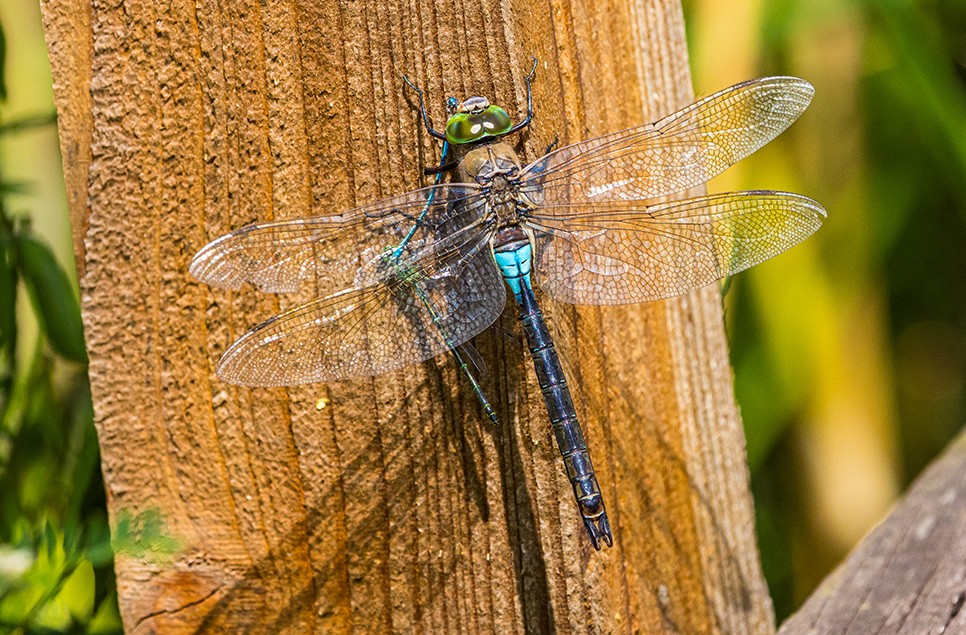Sri Lankan Government announces wetland protection after WWT collaboration
Colombo’s citizens will reap the many benefits of healthy wetlands after the Sri Lankan government vowed to protect them.
Thanks to WWT, and the local partners we work, with the capital’s wetlands have been formally recognised for the natural role they play in protecting their city from floods, high temperatures and pollution as well as sheltering an endless variety of important wildlife, despite their inner-city location.
This is a major achievement for WWT Consulting, who have been working in Colombo for years to promote the importance of wetlands for the people and wildlife of the region.
Dr Matthew Simpson, Associate Director of WWT Consulting, said:
We are thrilled to hear that the government plans to ensure the protection of the majority of wetlands across the city.
The wetlands in Sri Lanka are Colombo’s lifeline, acting as the city’s flood defence, air con, air purifier and carbon storage unit all rolled into one.
They help to feed the city, they enable countless animal and plant species to thrive and they offer residents sanctuary from the concrete urban sprawl that characterises most capitals.
The World Bank have employed WWT Consulting for the last five years to provide advice, training and design support to their staff and government agencies to improve management of wetlands. Thankfully their recommendations have been fully approved and it is hoped that Colombo can become a blueprint for how major cities can develop successfully in a sustainable way.
The main recommendation of the strategy is that Colombo’s wetlands should be treated as a no development zone with only permitted activities such as recreation, education, non-intensive agriculture, fishing and medicinal plant collection allowed.
The government committee responded by moving to impose a temporary prohibitory order which will immediately stop land reclamation and end wetland destruction in the Colombo Metropolitan Region for any purpose other than constructions of national importance and those identified under the Transit Railway Line Network.
This is great news for a city with such an extensive network of wetlands running through it.
They protect Colombo from tropical downpours while reducing the heat in this bustling city by up to 10C in the dry season by absorbing the sun’s rays.
In terms of climate change, it has been estimated that Colombo’s wetlands store approximately 1.43 million metric tons of carbon, which is equivalent to 90% of the Colombo Metropolitan Region’s annual carbon emissions.
The wetlands also have huge ecological value to people living there. According to the Sri Lanka Land Reclamation and Development Corporation (SLLRDC), over 87% of Colombo’s wetlands provide food to the city’s residents, through paddy cultivation, vegetable farms, poultry and small-scale livestock farms.
Sri Lanka’s decision to formally safeguard them will hopefully ensure that they continue to prosper for the benefit of all life in the city, including the many important species that they home, such as rare fishing cats, otters, reptiles, frogs, birds and plants.
And with China recently confirming that it plans to protect coastal wetlands, it’s a testament to WWT’s experience and expertise that governments are listening and making decisions that will positively impact their future.



